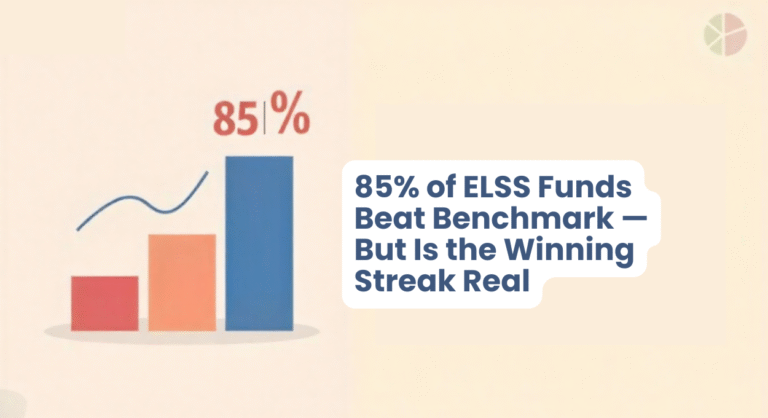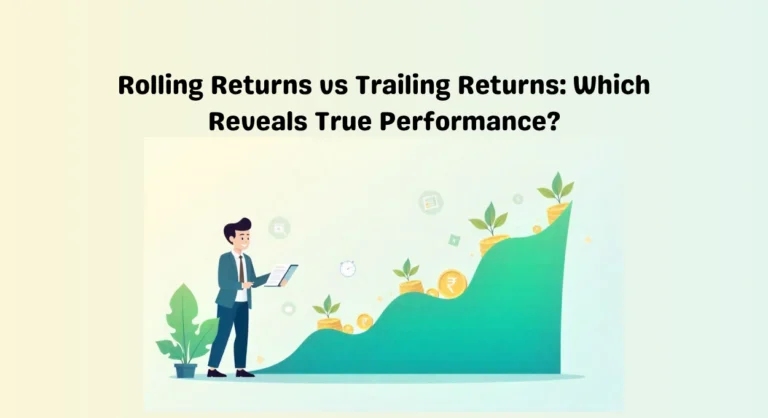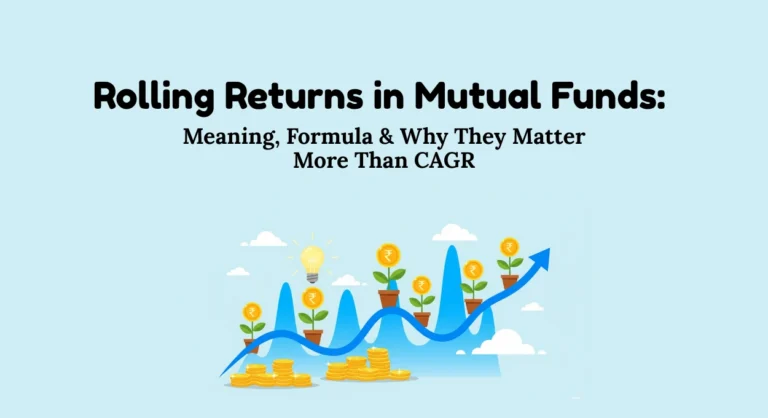Conquering Debt with Ease: A Guide to Debt Mutual Funds
Conquering Debt with Ease: A Guide to Debt Mutual Funds

Let’s talk about debt. Not the kind that keeps you up at night, but the kind that can actually help you build wealth! We’re talking about debt mutual funds.
Now, I know what you’re thinking: “Mutual funds? Aren’t those just for stocks?”
Well, not exactly. While stock market investments focus on owning a piece of a company, debt mutual funds invest in a basket of debt securities issued by various entities like the government, corporations, and banks. Think of it like lending money to these entities, but instead of dealing with individual loans, you’re investing in a diversified pool.
Why should you even consider debt mutual funds?
- Stability is Key: Compared to the volatile stock market, debt funds generally offer more stability. Your returns might not be as sky-high, but your capital is less likely to take a major hit during market downturns.
- Regular Income: Many debt funds generate regular income in the form of interest payments, making them a good option for those seeking a steady stream of returns.
- Diversification: By investing in a variety of debt instruments, you spread your risk across different sectors and issuers.
- Accessibility: Debt funds are easily accessible through most investment platforms and come with various investment options to suit different risk appetites and financial goals.
Types of Debt Mutual Funds
There’s a whole spectrum of debt funds out there:
- Short-term debt funds: Invest in securities with maturities of less than a year. They offer lower risk and relatively stable returns.
- Liquid funds: Invest in highly liquid instruments with maturities of up to 91 days. They are known for their high liquidity and easy redemption.
- Ultra-short-term funds: Invest in securities with maturities of up to 3-6 months. They offer a slightly higher risk-return trade-off compared to liquid funds.
- Money market funds: Invest in a diversified portfolio of short-term money market instruments.
- Gilt funds: Invest exclusively in government securities. They are generally considered safer than corporate bonds.
- Corporate bond funds: Invest in bonds issued by corporations. These funds offer higher potential returns but also carry higher credit risk.
- Credit risk funds: Invest in debt securities with higher credit risk. These funds offer higher potential returns but also come with higher risks.
- Dynamic bond funds: These funds dynamically adjust their portfolio based on market conditions and interest rate movements.
Also Read:-https://ipofront.in/how-to-pick-the-right-mutual-fund/
How to Choose the Right Debt Fund
Selecting the right debt fund depends on your individual needs and risk tolerance:
- Investment goals: Are you looking for regular income, capital appreciation, or a combination of both?
- Risk appetite: How much risk are you comfortable taking with your investments?
- Time horizon: How long do you plan to invest your money?
- Tax implications: Consider the tax implications of different debt fund categories.
Conclusion
To conclude , debt mutual funds offer a valuable investment avenue for individuals seeking stability, regular income, and diversification within their portfolios. By investing in a diversified basket of debt securities, investors can mitigate risk and potentially earn competitive returns. While not entirely risk-free, debt funds can be a valuable component of a well-rounded investment strategy, catering to various risk appetites and financial goals.
FAQs
- Are debt funds risk-free?
- No, while generally considered less risky than stocks, debt funds are not entirely risk-free. Factors like interest rate fluctuations, credit risk, and market volatility can impact their performance.
- How do I start investing in debt funds?
- You can start investing in debt funds through various platforms such as online investment platforms, mutual fund houses, or through your bank.
- What are the tax implications of investing in debt funds?
- Tax implications vary depending on the type of debt fund and the holding period. Consult with a tax advisor for personalized guidance.
- Can I withdraw my money from a debt fund whenever I want?
- Yes, you can typically redeem your investments in debt funds at any time, although there might be some redemption loads or restrictions depending on the fund.
- Are debt funds suitable for everyone?
- Debt funds can be a suitable investment option for a wide range of investors, but it’s essential to consider your individual financial goals and risk tolerance before making any investment decisions.
Useful Links :-https://groww.in/mutual-funds/category/best-debt-mutual-funds
Disclaimer: This information is for general knowledge and informational purposes only, and does not constitute financial, investment, or other professional advice.







